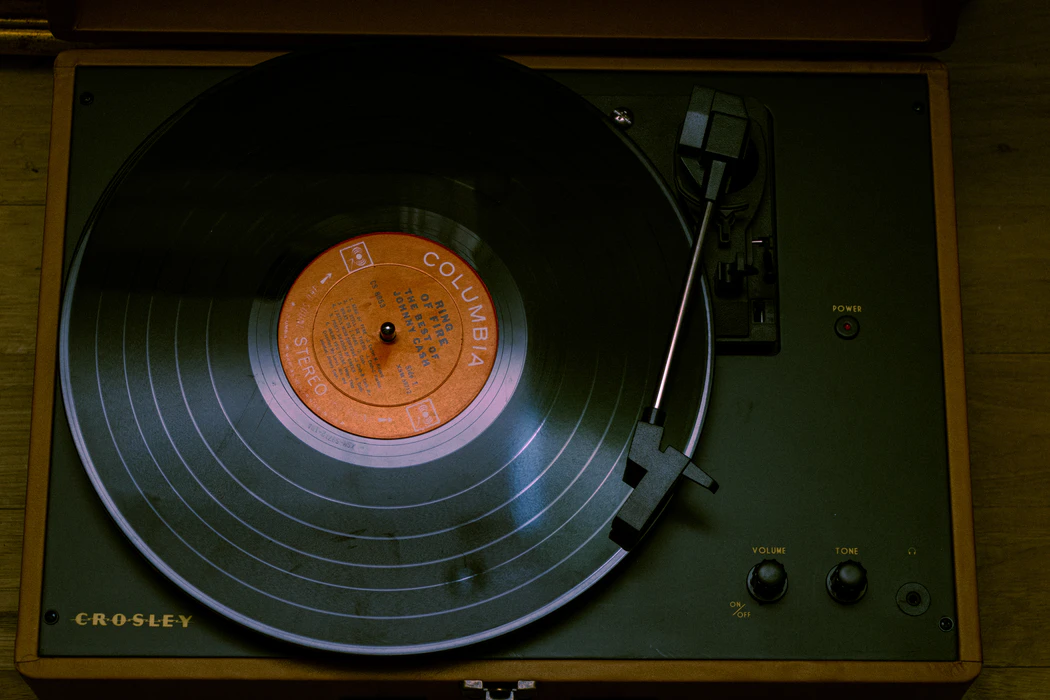If you are thinking about buying a quality record player, then you should first consider what kind of record player you want. There are many record players that range in price and quality. If you are looking for a high-quality record player, then it’s best to do some research before purchasing one. Luckily for all of us, there is plenty of information out there on the subject! In this blog post, we will tell you how to make sure your record player lasts as long as possible and plays records at their best possible volume and sound quality!
1. Record players can be either belt-driven or direct drive
Record players that are belt-driven require a motor to be located at the end of the turntable, and they typically produce smoother sound quality than direct drive record players.
However, record players that are direct drive do not have this requirement, as one is able to find them without any need for an external power source or motor to work from. They may not offer the same level of sonic qualities as belt drives, though, so make sure you keep in mind what your specific needs might entail before making a purchase decision.
If someone does want high fidelity audio output when it comes time to listen to records on their chosen player, however; then going with a direct drive option will likely give better results all around in terms of sound production and quality.
Record players that are direct drive typically take up less space than belt-driven record players as well, which is another reason why they might be more desirable for some people who want to make a purchase decision.
2. Belt-driven record players are cheaper, but the sound quality is not as good, and they may skip more often
Direct-driven record players are more expensive, but the sound is better, and they do not skip as often. A good record player should also have a built-in preamp that amplifies your signal to make it louder.
It will also be easier for you if you can find one with an output that matches your speakers and amplifier, so there’s no need to buy extra equipment. The turntable may or may not include a dust cover…but it is recommended to buy one separately since this item is essential in protecting your record from damage.
3. Direct drive record players are expensive but have a better sound quality and less chance of skipping
Direct drive record players are expensive and have better sound quality. They also reduce the chance of skipping, which is especially important if you plan on digitizing your vinyl record collection for safekeeping.
The problem with belt-driven record players is that they will need to be serviced periodically due to wear and tear from the belt connecting them to the motor. There are no worries about this happening with direct drive record players because there’s no such thing as belts in their design. This means fewer maintenance costs overall!
You may think these two points cancel each other out, but it really doesn’t matter how much money you spend when it comes down to getting good quality playback every single time.
5. Consider how much space you have to put your record player in
If you have a lot of space, then get record players that are large. But if the record player is for an office or small room, be careful not to buy one that will use up too much space. Moreover, portable record players are better for these spaces as they can be moved from room to room.
If you have a lot of space, then record players that are large will work great in the office or small rooms where it needs to be portable and not take up too much space.
Don’t buy record player equipment if there is no need for one because this would just waste money on something that does not serve its purpose well enough even though it may cost more than other options.
6. Decide if it’s worth it to buy a vintage model or something new
Vintage record players are becoming more popular and can be a great option, but they may not always come with all the features that you need. Something new will generally have everything that you want, plus modern tech to make it even better!
You also don’t know what condition vintage record players might be in, which could complicate things if there’s something wrong, like a broken needle or scratchy speakers. On the other hand, though, buying something used means paying less for your record player while still getting quality sound and functionality.
Buying an old record player is risky because of unknowns about its history, such as problems with needles and scratched-up records. New record players usually offer every feature imaginable at a lower price, so it’s hard to go wrong.

